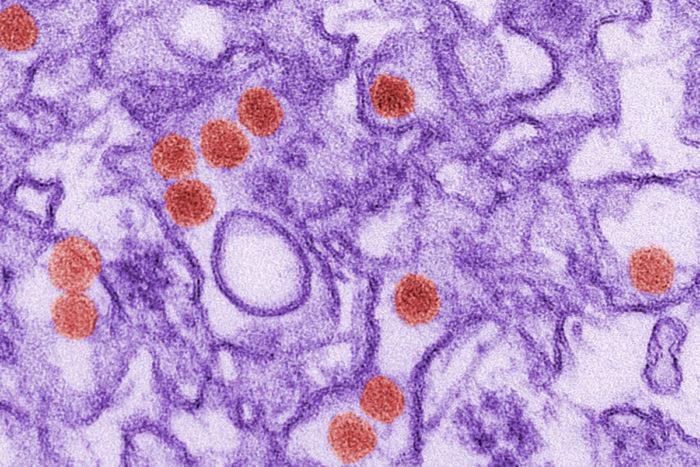A test that could provide a Zika diagnosis for patients less than 30 minutes in doctors’ and other healthcare providers’ offices is moving forward with funding from the U.S. Department of Health and Human Services’ (HHS) Office of the Assistant Secretary for Preparedness and Response (ASPR).

Chembio Diagnostic Systems, Inc. of Medford, New York, is developing a lateral-flow serological test to identify antibodies that the human immune system produces in response to Zika virus.
ASPR’s Biomedical Advanced Research and Development Authority (BARDA) will provide $5.9 million over the next year for the product’s continued development, manufacturing preparations and a clinical trial to evaluate the sensitivity and specificity of the test, which are necessary to apply for approval from the U.S. Food and Drug Administration to commercially market the product. This contract could be extended for up to a total of three years and $13.2 million.
“Developing safe and effective diagnostic tests, vaccines, and blood screens are essential in curbing the spread of the Zika virus,” said Dr. Richard Hatchett, BARDA acting director. “We are working to move medical products through the development pipeline to reach the market as quickly as possible so that doctors and other healthcare providers have the information they need to guide clinical management.”
This test is the second point-of-care test ASPR is sponsoring to detect recent Zika virus infections. A lateral-flow test is similar to a home pregnancy test, but uses a single drop of blood instead of urine. Because they do not need to be sent to a laboratory for results, these tests help reduce long delays in getting test results.
Whereas other tests detect Zika virus cells in blood, serological tests look for antibodies produced by the body’s immune response to viruses. The body produces antibodies to the Zika virus beginning approximately two weeks after infection and up to three months later when the virus is no longer present in a person’s blood.
Serological tests are critical in determining whether someone recently was infected with the Zika virus because most people who are infected with the virus do not develop clinical symptoms and are thus unlikely to seek testing while the virus is still present in their blood.
ASPR also is supporting advanced development of two laboratory diagnostic tests for the virus.


One thought on “Rapid Zika test being developed with support from HHS”